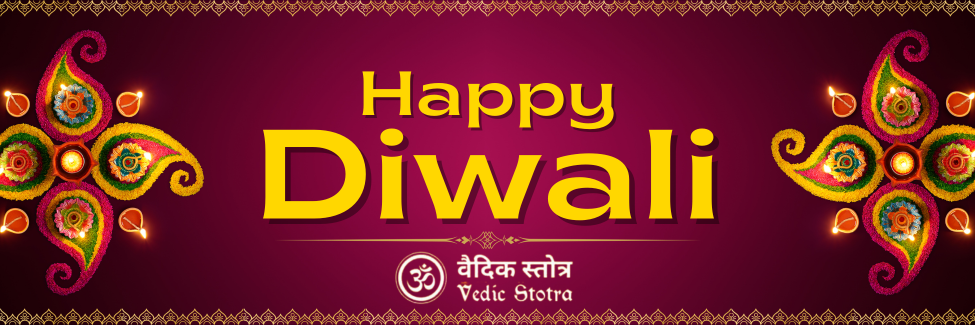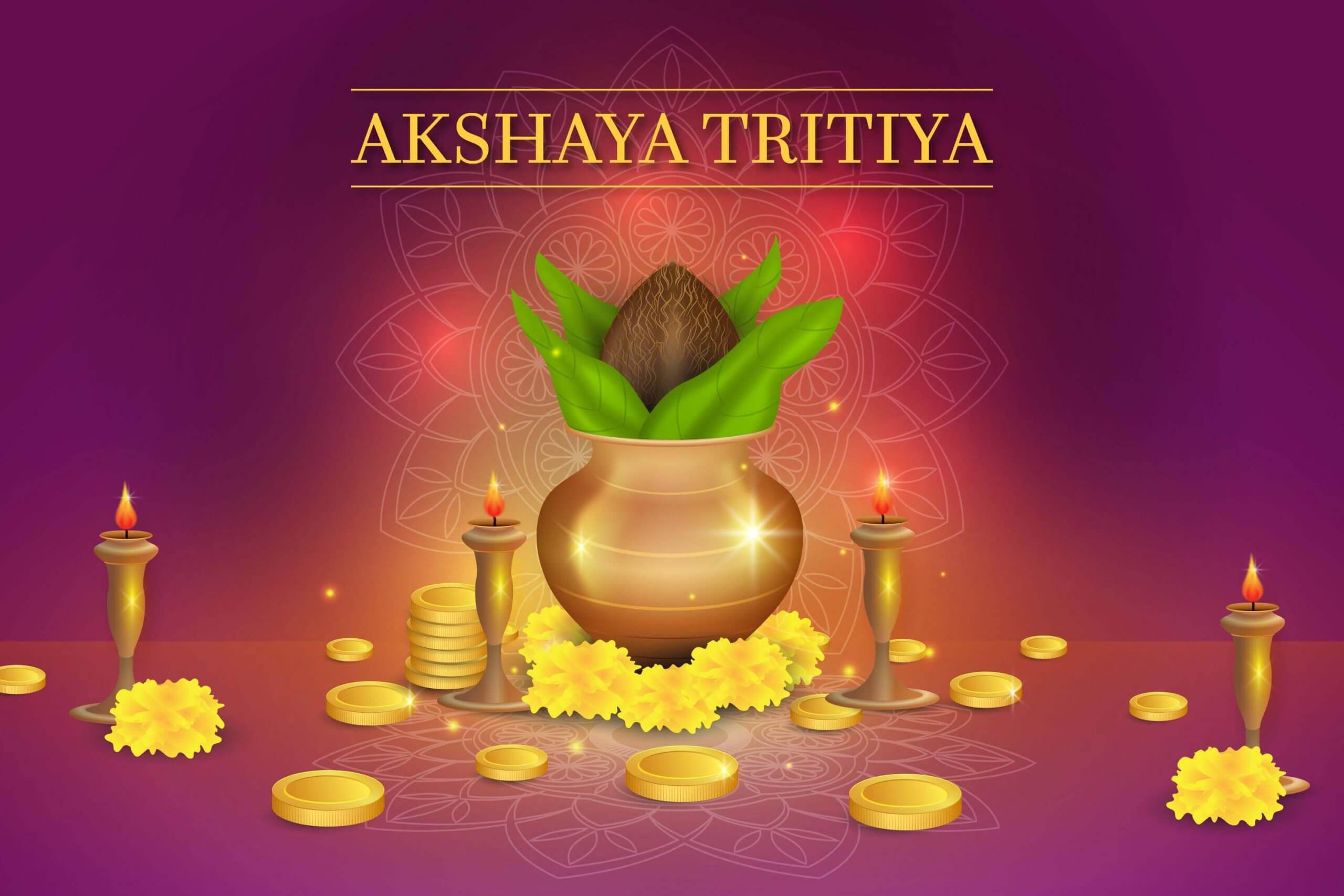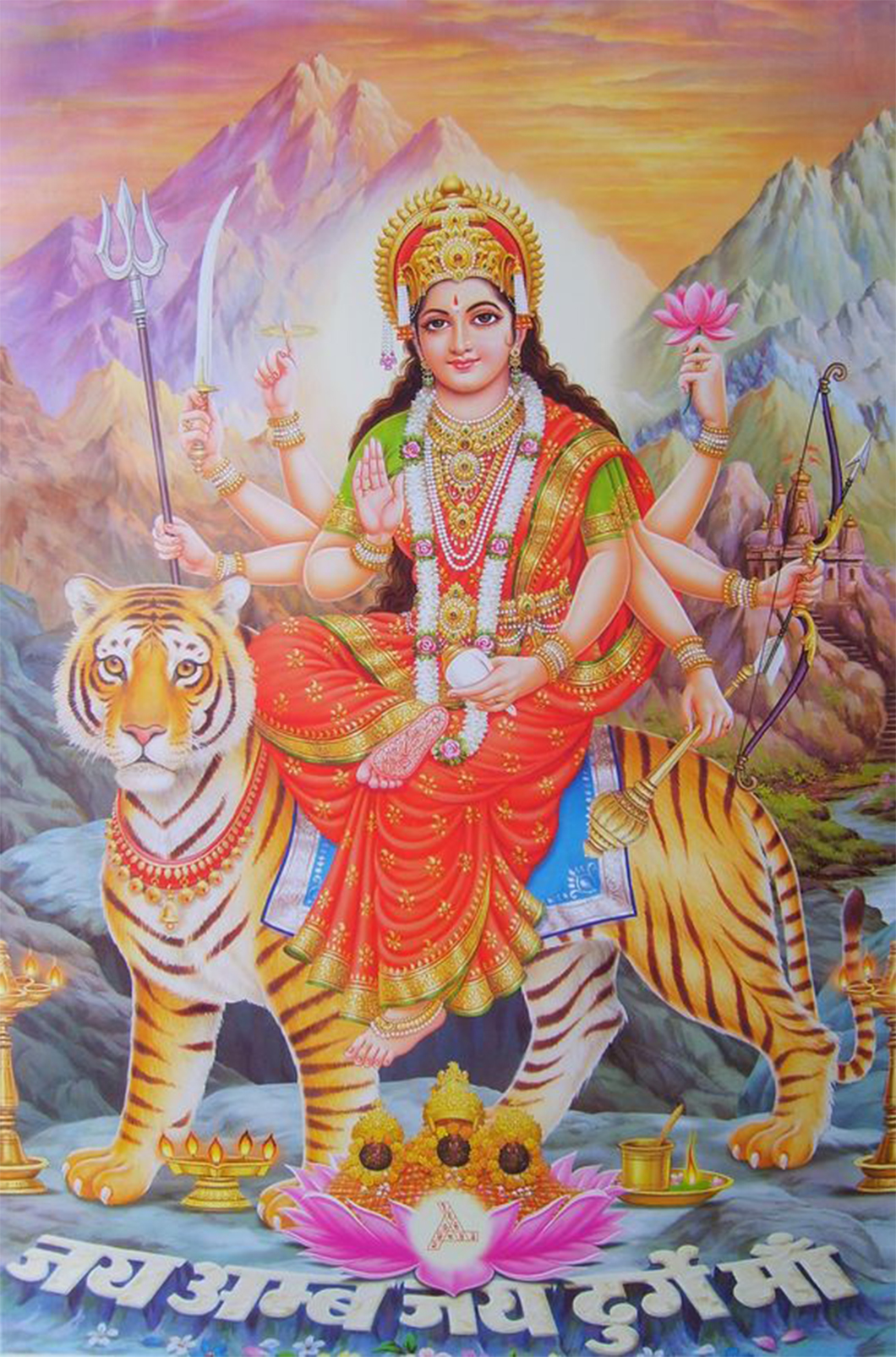Diwali
Diwali, A Festival of Unity and Lights, holds a special place in the hearts of people across India. Dipawali, also called Diwali, is the most significant and exciting holiday for Indian people. It’s a big celebration in Hinduism, Jainism, and Sikhism. The festival got its name from the row of clay lamps (deepa) that Indians light outside their homes. This symbolizes the inner light that keeps us away from spiritual darkness. Diwali is as important to Hindus as Christmas is to Christians.”
History of Diwali
In Hinduism, Diwali marks the special day when Emperor Ashoka embraced Buddhism over 2,000 years ago. For Sikhs, it’s a time to celebrate Guru Hargobind’s joyful return to Amritsar after being held captive in Gwalior. This event is reminiscent of Lord Rama’s triumphant return to Ayodhya. And for Jains, Diwali honors the enlightenment and freedom (moksha) of Mahavira, who was the most recent great spiritual teacher in Jainism. It signifies his escape from the endless cycle of life and death (samsara). So, when we light lamps during Diwali, it’s a way of celebrating the radiant wisdom of Mahavira.
For Hindus, lighting diyas (small lamps with oil) is a widespread tradition, especially on the night of the new moon. It’s done to invite the goddess Lakshmi, who brings wealth and prosperity. In Bengal, people worship the fierce goddess Kali, while in North India, it’s a big celebration of Rama’s grand return to Ayodhya with Sita, Lakshmana, and Hanuman after defeating the ten-headed demon king, Ravana. Diwali is closely connected to the festival of Dussehra. In South India, it’s a special day to remember Krishna’s victory over the demon Narakasura.
Also, Diwali is celebrated as a way to honor the marriage of Lakshmi and Vishnu, and for some, it’s observed as the day when Lakshmi was born. So, Diwali holds many different meanings and stories for different people!
Since this festival is really important in India, it goes on for five whole days. It starts on the 13th day of the dark part of the moon in the month called Ashvina and continues until the second day of the bright part of the moon in the month Karttika. So, it’s a pretty long and joyful celebration!
Five Eventful Days of Diwali!
Diwali spans five days, each with its own special customs and tales
Day 1: Dhanteras
On this day, called Dhanteras, people focus on worshipping the goddess Lakshmi. It’s a time when folks clean their homes and buy small bits of gold or kitchen tools, hoping to bring good luck to their families.
Day 2: Choti Diwali or Naraka Chaturdasi
This day is all about offering prayers for our ancestors. It’s called Naraka Chaturdashi or Choti Diwali, and it’s a day to remember when Krishna defeated Narakasura. People make their homes pretty with clay lamps and create colorful designs on the floor using colored powders or sand, a tradition called rangoli.
Day 3: Lakshmi Pooja
The big highlight of Diwali! It’s called Lakshmi Pooja. Families come together for this important event. They offer prayers and seek blessings from Lakshmi for prosperity. They light lots of diyas and candles, and then enjoy delicious feasts and fireworks.
Day 4: Govardhan Puja
This marks the first day of a new year in the Vikrama (Hindu) calendar, which starts in the month Karttika. It’s a time for friends and family to visit each other, bringing gifts and warm wishes for the season. This day is also known as Govardhan Puja, Balipratipada, or Annakut, which remembers when Krishna defeated Indra, the king of the gods. It’s a day full of celebration!
Day 5: Bhai Dooj
This is the very last day of Diwali, known as Bhai Dooj, Bhai Tika, or Bhau Beej. It’s a special day to celebrate the strong bond between brothers and sisters. On this day, sisters pray for their brothers’ success and well-being. Some brothers visit their married sisters, who welcome them with lots of love and delicious meals.
For people in India, Diwali is the biggest and brightest celebration of all! It’s called the Festival of Lights, and it’s a time when families come together with their loved ones to light lamps in their homes and offer prayers for good health, peace, and prosperity for everyone.
Diwali: A Festival of Unity
Diwali isn’t just a festival for one community; it unites people from different faiths. Here’s what Diwali means for various communities:
- For Hindus: It’s a celebration of Lord Rama’s return to Ayodhya after defeating Ravana, a time of great joy and festivities.
- For Sikhs: It marks Guru Hargobind’s return to Amritsar, a momentous event similar to Lord Rama’s return.
- For Jains: It commemorates Mahavira’s enlightenment and liberation from the cycle of life and death, signifying ultimate spiritual freedom.
The Glowing Light of Mahavira’s Wisdom
In Jainism, Diwali represents the brilliance of Mahavira’s sacred knowledge. It’s a celebration of his spiritual awakening and ultimate liberation from the cycle of birth and rebirth.
Diwali is a festival that brings people together in a spirit of unity and light. As we celebrate, let’s remember that this festival is not confined to any one belief. It’s a time to spread love, joy, and positivity, embracing the diverse stories and meanings that make Diwali truly special. And as the Vedic stotra wisely says, “Lead us from the unreal to the real, from darkness to light.”
What is Diwali tradition and culture?
Diwali, also known as Deepavali, is a super important and very popular festival in India, and for Hindus all around the world. It lasts for several days and is all about celebrating light winning over darkness, and good beating evil. It’s also about gaining knowledge and understanding.
During Diwali, people follow special customs and traditions, which might be a bit different depending on where in India you are, but they all have some things in common. Here are some important parts of Diwali:
- Lighting Lamps and Setting Off Fireworks
- Special Prayers and Worship
- Sharing Gifts and Tasty Treats
- Wearing Traditional Clothes
- Getting Together with Family and Having Delicious Meals
- Enjoying Diwali Events and Cultural Shows
- Helping Others by Donating and Doing Good Deeds
FAQ
Here’s a FAQ (Frequently Asked Questions) for Diwali:
What is Diwali?
Diwali, also known as the Festival of Lights, is a significant Hindu festival celebrated across India and other countries with Hindu populations. It symbolizes the victory of light over darkness, good over evil, and knowledge over ignorance.
Q: When is Diwali in 2023?
According to the old calendar, Diwali happens on the 15th day of the month of Kartik every year, which is called Amavasya. In the year 2023, we will celebrate Diwali on Sunday, November 12, 2023.
Q: How is Diwali celebrated?
Diwali celebrations typically involve lighting oil lamps and candles, decorating homes, exchanging gifts, preparing special meals, and participating in prayers and religious ceremonies. Fireworks displays are also common.
Q: What are the traditional foods eaten during Diwali?
Popular Diwali foods include sweets like laddoos, barfis, and gulab jamun, as well as savory snacks like samosas, pakoras, and chivda.
Q: Are there regional variations in Diwali celebrations?
Yes, Diwali traditions can vary by region. For example, in North India, it marks the return of Lord Rama after defeating the demon king Ravana, while in South India, it celebrates the victory of Lord Krishna over the demon Narakasura.
Q: What is muhurat of Lakshmi Puja 2023?
The Muhurat for Lakshmi Puja is expected to be between 5:40 PM and 7:36 PM. It will last for 1 hour and 56 minutes.
Vedicstotra Wishing you all a radiant and blessed Diwali! May the light of this festival shine brightly in your lives.




